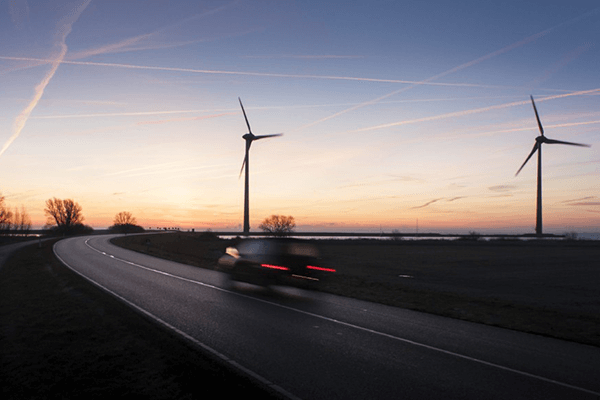We’re researchers, strategists, collaborators, and grantmakers.
The ClimateWorks team is on a mission to end the climate crisis by amplifying the power of philanthropy.
ClimateWorks is a global platform for philanthropy to innovate and scale high-impact climate solutions that benefit people and the planet. We deliver global programs and services that equip philanthropy with the knowledge, networks, and solutions to drive climate progress for a more sustainable and equitable future. Since 2008, ClimateWorks has granted over $2 billion to more than 850 grantees in over 50 countries.
Our people
With expertise in climate science, strategic philanthropy, public policy, and social and economic development, our team has the breadth of skills and experience needed to assess the science, identify the mitigation opportunities, and strategize the philanthropic initiatives needed to tackle the climate crisis.

Our commitment to a thriving climate future
ClimateWorks is driven by our vision of creating a thriving planet for all living beings for generations to come.

Our financial information

ClimateWorks Foundation is a U.S.-based 501(c)(3) public charity. We file an Internal Revenue Service Form 990 annually that provides detailed information about our organization and finances. Our Forms 990 are linked to here.